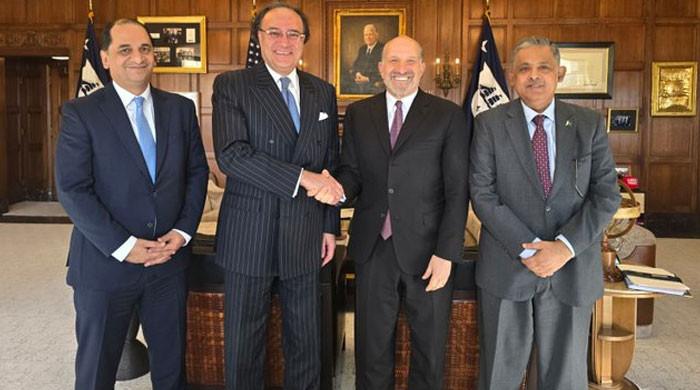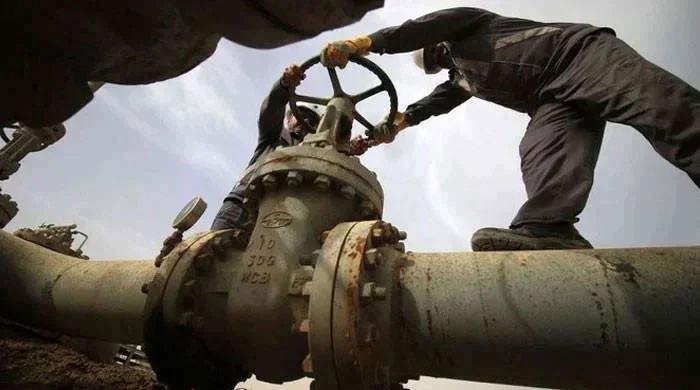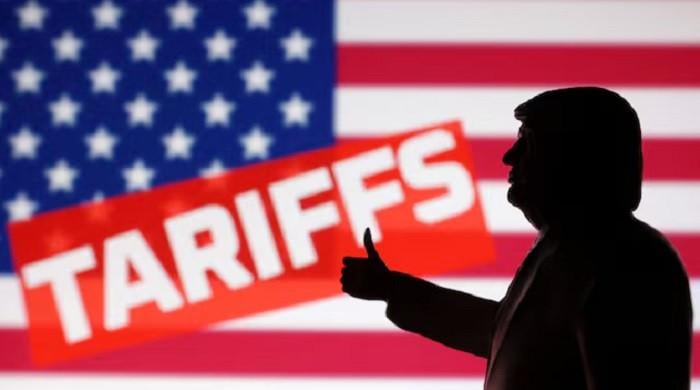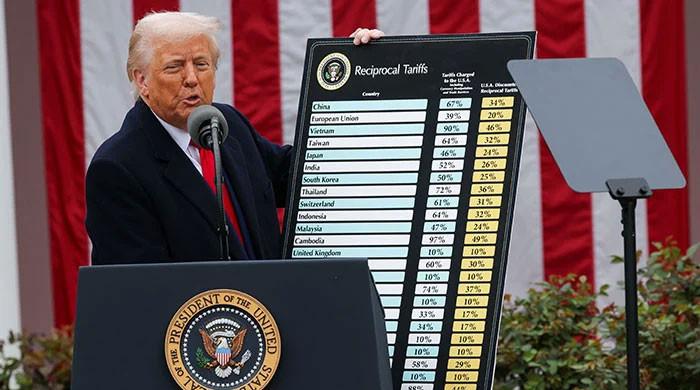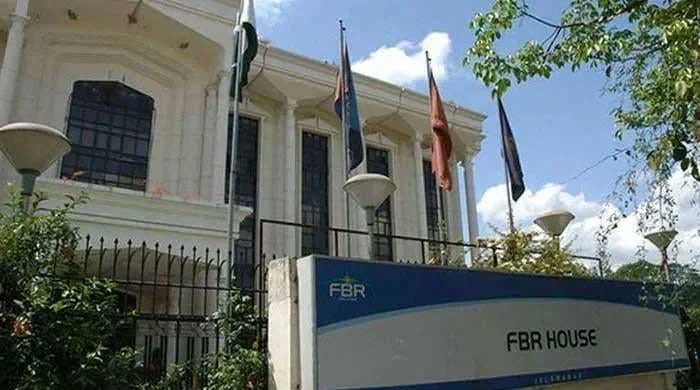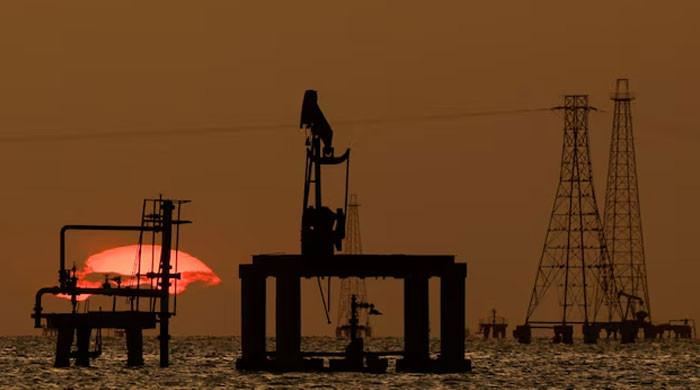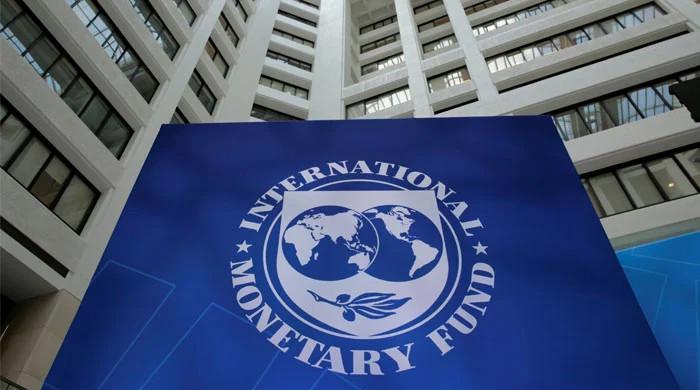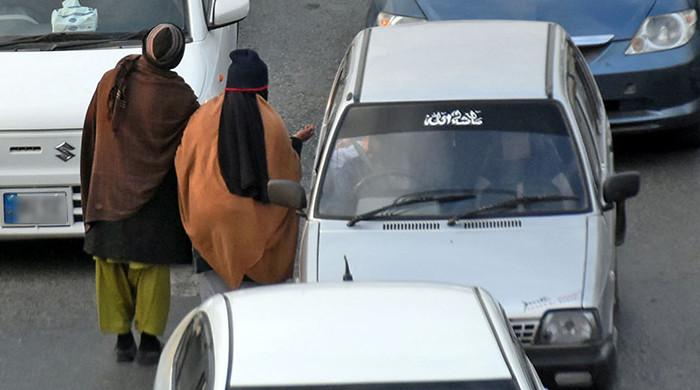Elite privilege eats up $17.4b of Pakistan's economy, UN report finds
UNDP’s National Human Development report for Pakistan focuses on issues of inequality
April 15, 2021
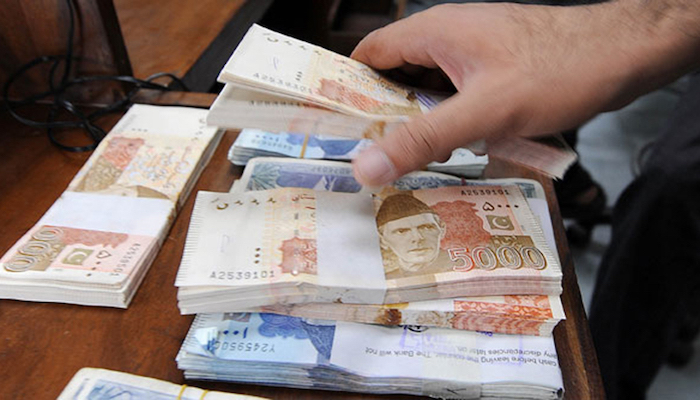
- Pakistan’s elite slicing away $17.4 billion in perks, says the UNDP.
- Elite groups include the corporate sector, feudal landlords, political class and the country’s powerful military.
- UNDP Assistant Secretary-General and regional chief Kanni Wignaraja has been on a two-week “virtual tour” of Pakistan to discuss findings of a recent report on issues of inequality.
ISLAMABAD: Pakistan's elite groups enjoy an estimated Rs17.4 billion in economic privileges, which is 6% of the economy, according to a recent United Nations report.
Elite groups include the corporate sector, feudal landlords, political class and the country’s powerful military.
The UN Development Programme’s (UNDP) National Human Development Report (NHDR) for Pakistan was released last week. It focuses on issues of inequality in the South Asian country of 220 million people.
Read more: Confidence of Pakistani consumers on economy below global average: survey
“Powerful groups use their privilege to capture more than their fair share, people perpetuate structural discrimination through prejudice against others based on social characteristics, and policies are often unsuccessful at addressing the resulting inequity, or may even contribute to it,” says the report.
UNDP Assistant Secretary-General and regional chief Kanni Wignaraja has been on a two-week “virtual tour” of Pakistan to discuss the report’s findings, holding talks with Prime Minister Imran Khan and other top members of his cabinet.
Pakistani leaders, she said, have taken the findings of the report “right on” and pledged to focus on prescriptive action. “[In our remarks in meetings] we focused right in on where […] the shadows are, and what is it that actually diverts from a reform agenda in a country,” she told Al Jazeera in an exclusive interview. “My hope is that there is strong intent to review things like the current tax and subsidy policies, to look at land and capital access.”
The biggest beneficiary of the privileges – which may take the form of tax breaks, cheap input prices, higher output prices or preferential access to capital, land and services – was found to be the country’s corporate sector, which accrued an estimated $4.7 billion in privileges, the report found.
Read more: UNDP hosts webinar on economic independence for Pakistani women
The country’s richest 1%, who collectively own 9% of the country’s overall income, and the feudal land-owning class, which constitutes 1.1% of the population but owns 22% of all arable farmland were the second and third highest recipients of privileges.
Both classes have strong representation in the Pakistani parliament.
Wignaraja noted that this creates a paradox where those responsible for doling out the privileges were also those who were receiving them. The military was found to receive $1.7 billion in privileges, mainly in the form of preferential access to land, capital and infrastructure, as well as tax exemptions.




